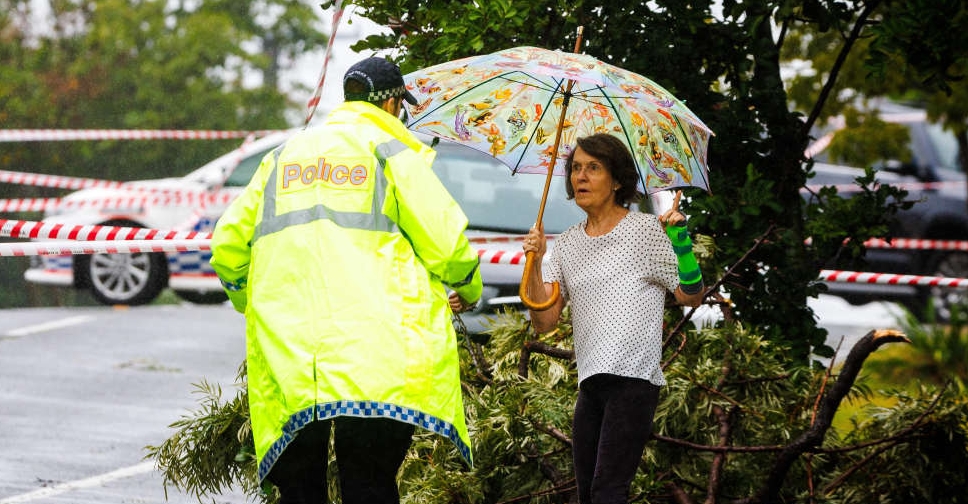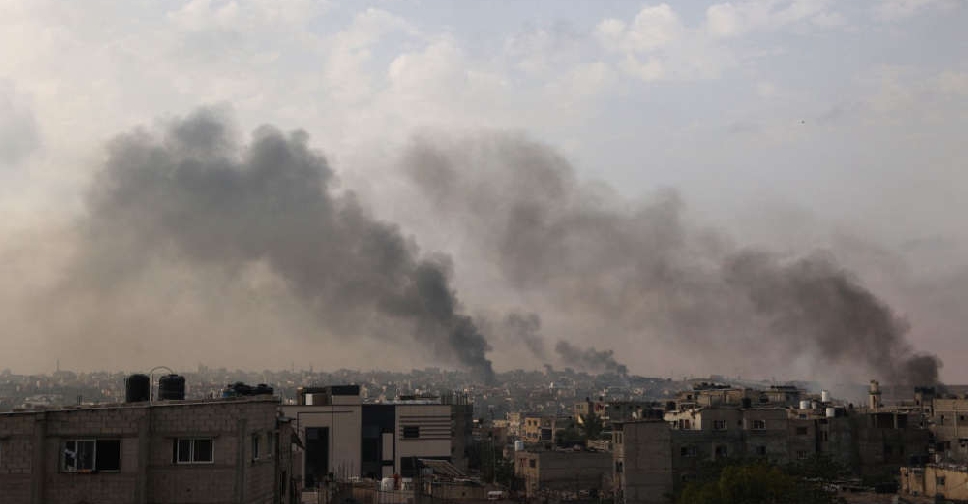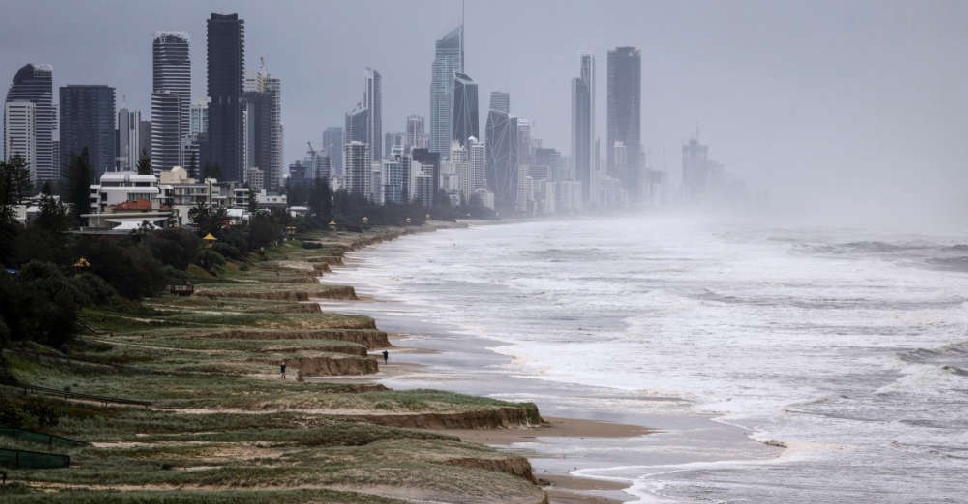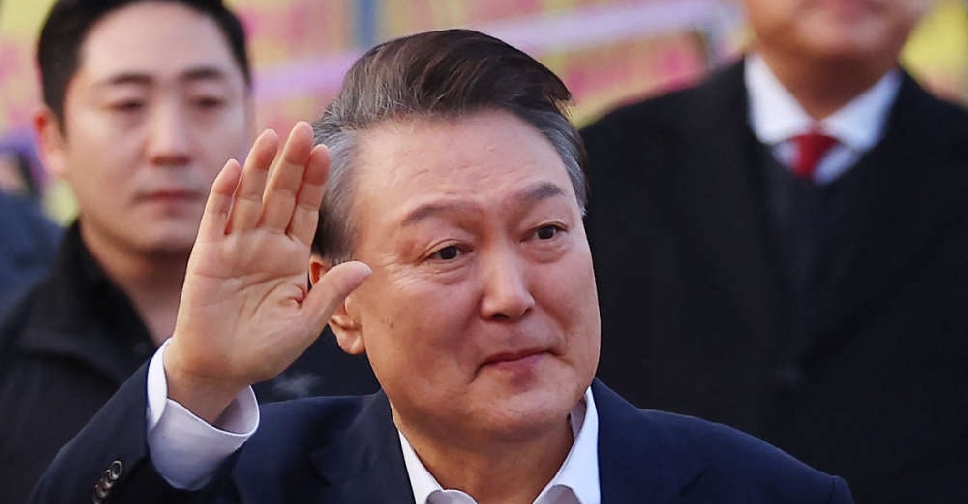
Space bosses hailed Europe's return to space after the Ariane 6 rocket successfully carried out a series of trials in a debut flight on Tuesday, but the mission ended with the launcher coasting in orbit without releasing its final batch of payloads.
Watched by a Rafale fighter jet, Europe's newest uncrewed rocket blasted off from French Guiana around 4:00 p.m. local time (1900 GMT), restoring the continent's independent access to space after delays, political setbacks and debates over funding.
Although not a commercial mission, the flight deployed three sets of micro-satellites for research purposes, prompting European space officials to declare the maiden trip a success.
"Europe is back in space," Philippe Baptiste, head of France's CNES space agency, said via video link to the Paris headquarters of the European Space Agency (ESA), where employees and politicians cheered the lift-off.
Europe's #Ariane6 blasts off to space on first flight#WamNews https://t.co/zwmoNvneMI pic.twitter.com/sRrGsw5PtP
— WAM English (@WAMNEWS_ENG) July 10, 2024
In a keenly awaited milestone, the Vinci engine powering the rocket's upper stage was restarted in space for the first time. It is designed to restart repeatedly, allowing operator Arianespace to place payloads into several different orbits.
However, a third firing had to be abandoned after a smaller power unit shut itself down for unspecified reasons, meaning the final batch of payloads - two small capsules designed to test the conditions for surviving re-entry - remained stuck onboard.
"We had an anomaly...We are probably not going to finish this part of the mission as we were hoping to," said Tina Buchner da Costa, an Ariane 6 launch system architect.
The affected auxiliary power unit is a system crucial for the rocket's ability to put payloads in their intended orbit.
Its failure, although late in the mission, is expected to spur an engineering investigation.
ESA Director General Josef Aschbacher said the agency was nonetheless on track to stage a second flight by year-end.
Ariane 6 was developed at an estimated cost of 4 billion euros (AED 15.9 billion) by ArianeGroup, co-owned by Airbus and Safran. Its first launch, originally due in 2020, has been repeatedly delayed.
Since the agency retired its workhorse Ariane 5 rocket more than a year ago, Europe has had no independent means of sending its satellites into space, while war in Ukraine has cut Western ties to Russian Soyuz rockets and Italy's Vega C is grounded.
"Ariane 6 is fundamental for Europe's space ambition," Toni Tolker-Nielsen, ESA's acting director of space transportation, told Reuters from the control room at Europe's space port.
"It is about sovereign access to space for institutional and governmental missions...and this need has been even more emphasised in view of the geopolitical situation."


 Thousands of Australians without power as cyclone Alfred hits
Thousands of Australians without power as cyclone Alfred hits
 Israeli airstrike kills two in southern Gaza
Israeli airstrike kills two in southern Gaza
 12 people injured in Toronto pub shooting
12 people injured in Toronto pub shooting
 Cyclone Alfred downgraded as millions stay indoors
Cyclone Alfred downgraded as millions stay indoors
 South Korea's President Yoon free, trials continue
South Korea's President Yoon free, trials continue







